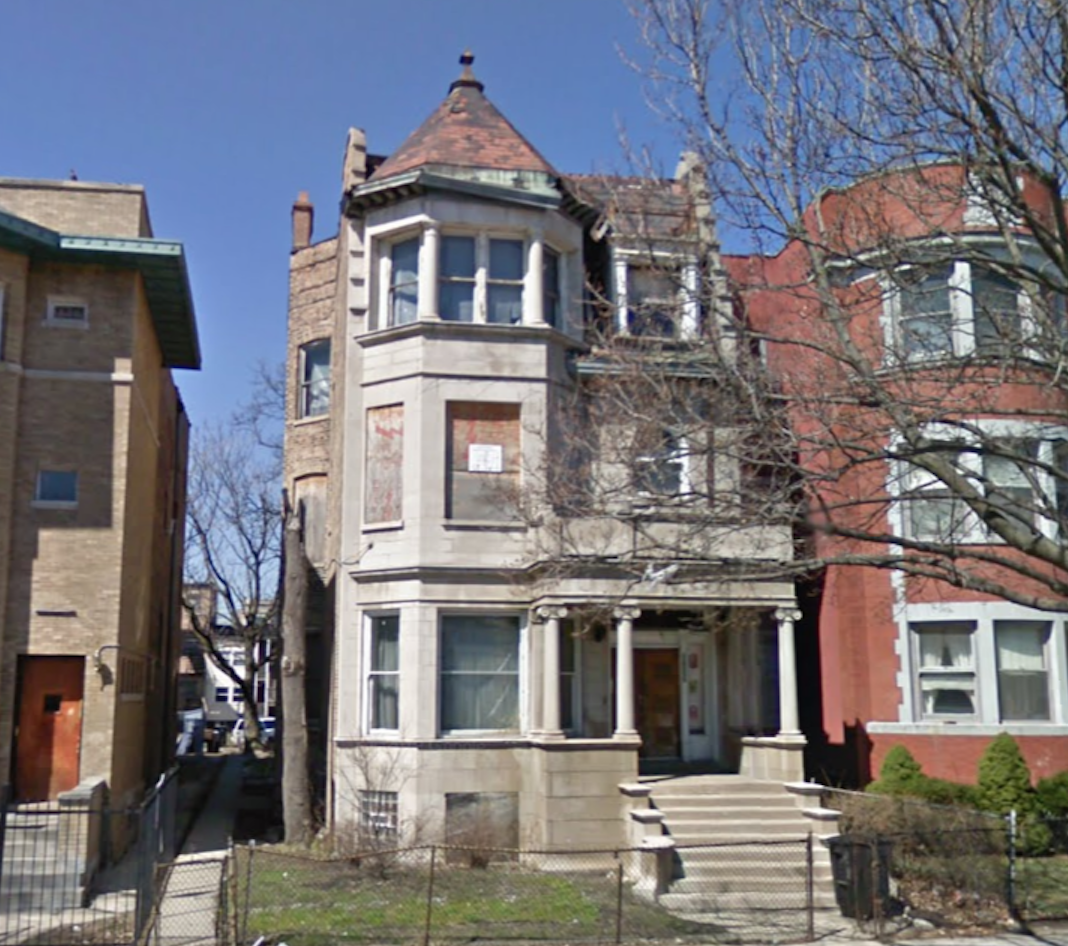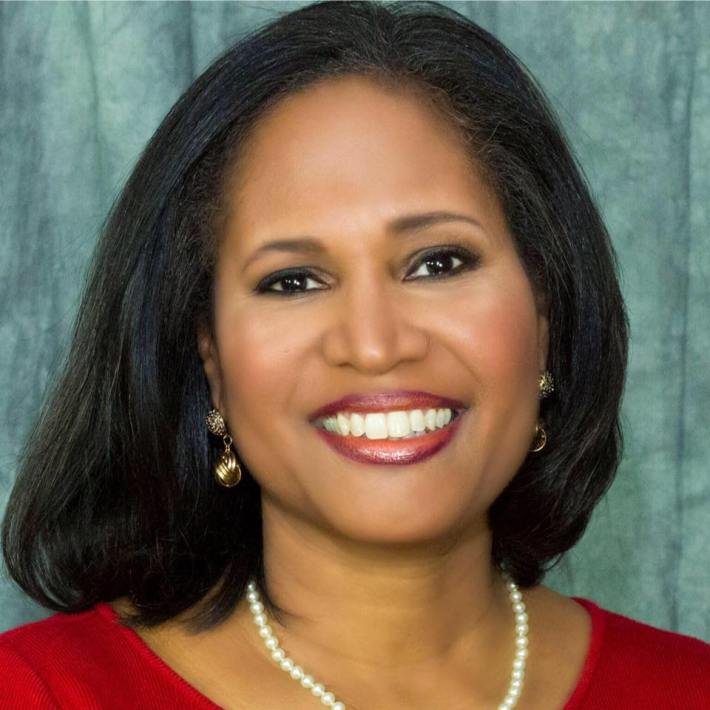Concerns about maintaining free, super-easy car parking – is there anything they can't ruin?
This week drivers have been howling about the introduction of metered parking at Montrose Beach as being a major equity issue, despite the fact that parking there for two hours will only cost $4.50, which is 50 cents less than the cost of roundtrip Red Line-plus-bus trip to the beach for a single person.
A similar windshield perspective is at play with a new ordinance proposed by Ald. Sophia King (4th) that would block the conversion of houses into cultural institutions, negatively impact African-American history museums and Black-owned galleries on the South Side, in the name of preserving convenient curbside parking. Streetsblog readers will recall that in 2019 King tried to downgrade the bike lanes on Drexel Boulevard in order to create new parking lanes, until a still backlash from cyclists forced her to drop that proposal.
It's important to keep in mind that there may be unique issues at play in conversations about parking in lower-income communities and neighborhoods of color. In the Drexel situation, King was trying to make it easier to park at churches, which play an especially important role as community centers in Black neighborhoods. And residents' desire to be able to park their car right in front of their homes may be influenced by concerns about street crime.
Still, people from many different perspectives agree that King's latest crusade is a bad idea. The alderman's ordinance, introduced in December, would exclude “cultural exhibits and libraries” from the list of allowed land uses in the majority of residential zones, according to a report by Block Club Chicago's Maxwell Evans. King has stated that part of the reason for the legislation is concerns that these institutions negatively impact parking and traffic in residential areas. It's slated for a vote by City Council's Zoning committee this Tuesday, March 23.
Historic preservationists, community leaders, and artists alike have condemned the legislation, Block Club reported, noting that it could put hinder efforts to preserve historic structures, such as Bronzeville's Lu and Jorja Palmer mansion, Washington Park's Phyllis Wheatley Home, and Woodlawn's Emmett Till and Mamie Till-Mobley residence. In each case, the preservationists hope to create a museum or library within the house.
“As we come into a post-COVID world, I’m really curious as to what the vision is for our communities, other than gentrification,” Angela Ford, who is leading the Palmer mansion effort, told Block Club. “With all of the museums that are mentioned in the press right now, these are all Black leaders that have stepped forward to beautify their own communities. That very act is being challenged.” Ford has also been active in South Side bike advocacy efforts.
King's legislation could “have a huge impact on artist-run spaces and apartment galleries as well,” stated an open letter from the organizers of The Visualist, a community arts calendar, Block Club reported. “By providing safe havens for cultural work and helping to amend the deleterious effects of gentrification and segregation, these spaces have contributed a rich historical layer of many voices that might have otherwise been lost."
imagine wanting to shut down an entire independent arts ecosystem because parking is inconvenient
— Leor Galil (@imLeor) March 19, 2021
As of Sunday afternoon, more than 10,000 people had signed a Preservation Chicago petition against the ordinance. The group has identified over 30 historic houses citywide that could be affected by King's legislation.
It's inspiring to see the leaders of Black cultural institutions, many of them women, joining forces with historic preservationists to oppose King's short-sighted legislation. Sustainable transportation advocates should add our voice to the chorus letting the City Council know that preserving African-American history and arts resources is more important than maintaining super-convenient street parking.
After all, if King is truly concerned about addressing parking and congestion problems in her ward, the most constructive thing she can do is use her political power to help improve transit service and create safer conditions for walking and biking, which would make it easier for her constituents to get where they need to go without having to drive everywhere.






